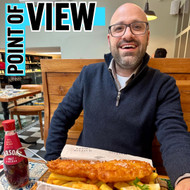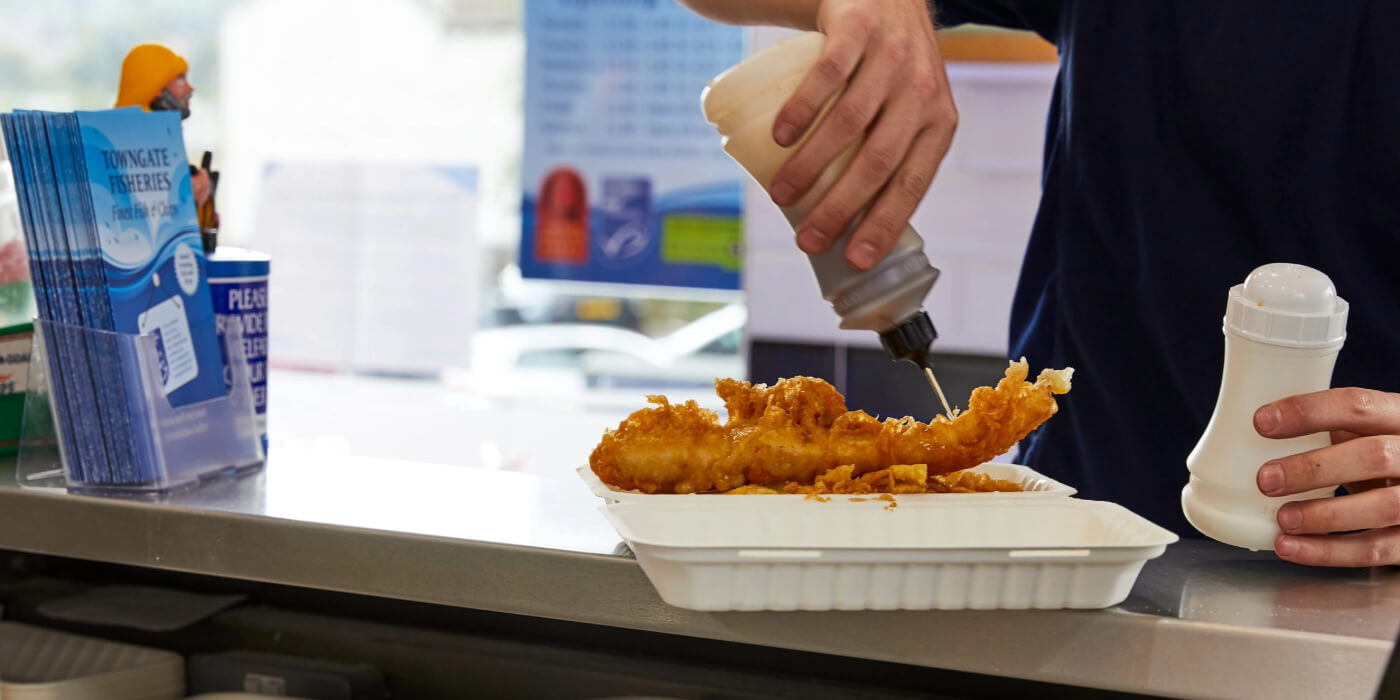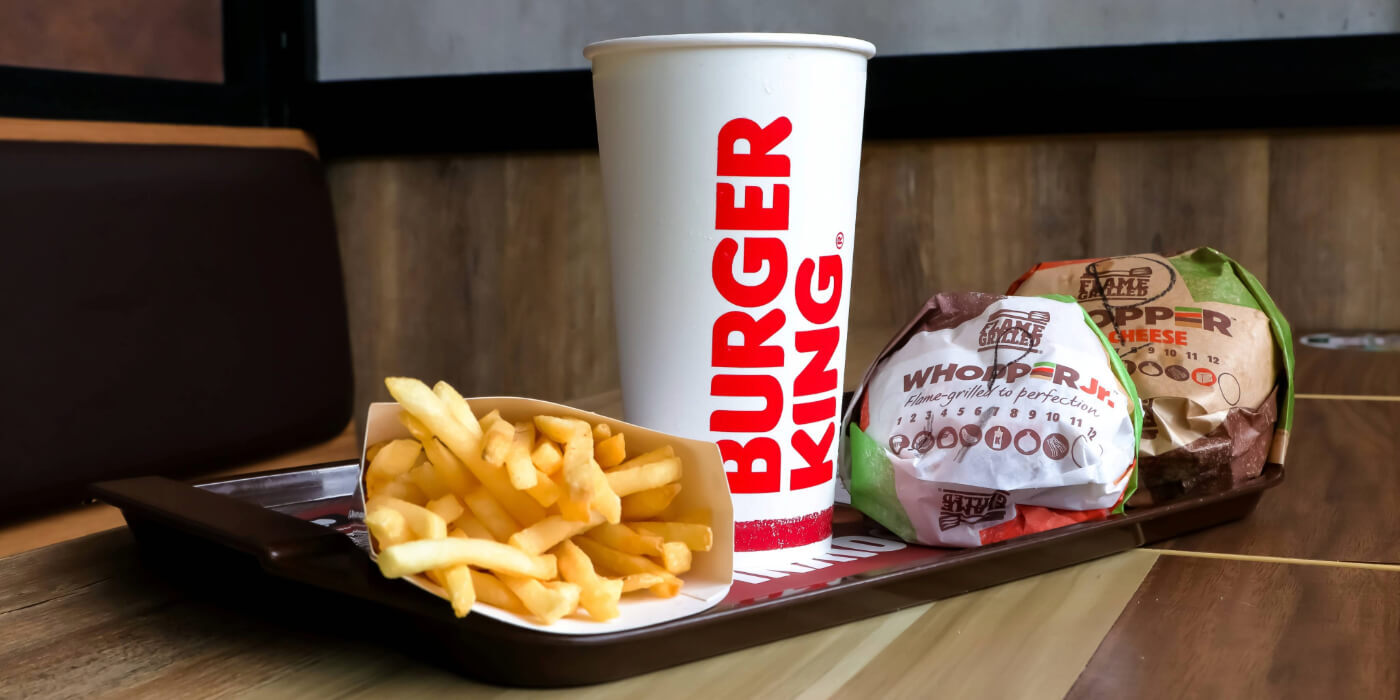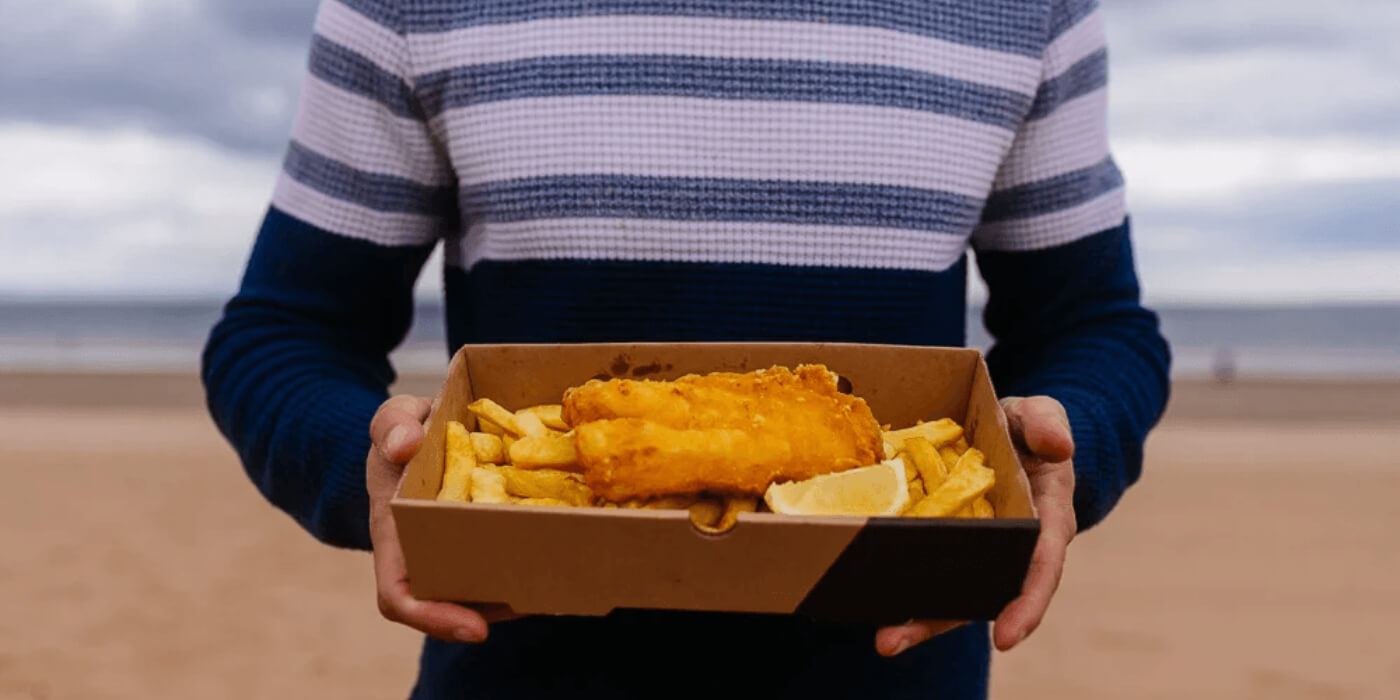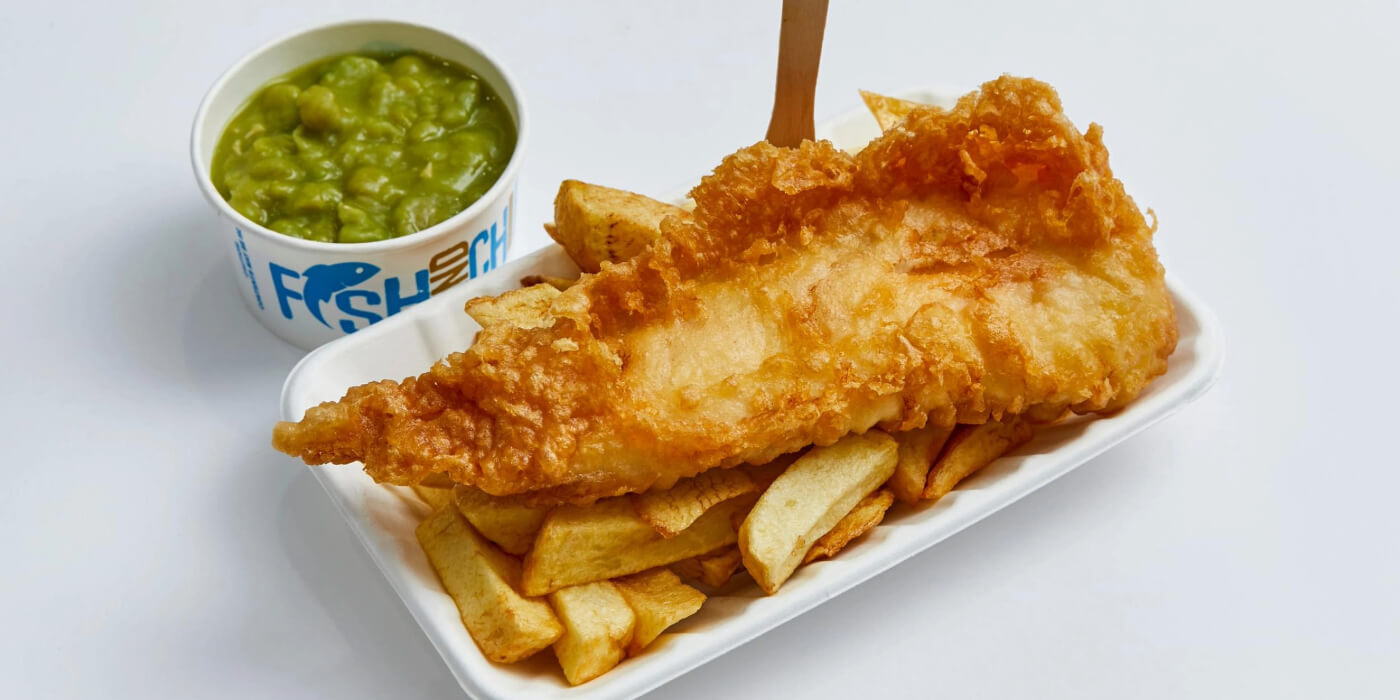The Real Value Meal: Fish, Chips, and Truth
Posted by Stelios on 8th Jul 2025 Reading Time:
For as many episodes of the Ceres Podcast as I can remember, I've defended the idea that fish and chips aren't expensive compared to other fast food options. And today, I'm putting a stake in the ground. It's time the fish and chip industry stopped apologising for our prices and started owning the facts.
Yes—fish and chips are more expensive in cash terms than they were five years ago. But that doesn't make them poor value. Cheap and expensive aren't the same as good or bad value. What matters is whether customers feel they're getting what they paid for. And when you consider the quality, freshness, portion size, and provenance, fish and chips remain one of the best-value meals in the fast food industry.
Let's be honest—prices have gone up across the board. From burgers to batteries, inflation has crept into every corner of our lives. Yet, somehow, it feels like our industry gets scrutinised more than most. Could that be our fault?
Let's Talk About Fast Food Price Hikes
Here's what's quietly been happening elsewhere:
- A Big Mac Meal? Up 53.2% since 2019.
- A Quarter Pounder with Cheese Meal? Also up over 50%.
- The price of a KFC Zinger Burger Meal—an increase of approximately 80% over five years.
- The price of a Burger King Whopper Meal in the UK—representing a 100% rise over five years.
- Costa Coffee? 28.8% higher than five years ago.
- Even Greggs, once a byword for value, has increased the price of a sausage roll by 25%.
- A Domino's Original Cheese & Tomato Pizza (Large) up 33.4% in five years.
And yet, they rarely make statements about it. No press releases, no social media posts, no apologies. They quietly ride the wave and adjust their model.
Why? Because they understand something we sometimes forget: inflation isn't a PR issue—it's an economic reality.
Money Illusion: What Customers Get Wrong
If a widget cost £10 in 2020 and now it costs £12.50, it feels more expensive. However, if wages have increased at a similar rate, then the product's real price has remained unchanged. This is called the Money Illusion. People often confuse the nominal price (what you see) with the real price (what it's worth in today's money).
As John Maynard Keynes put it: "There is no subtler, no surer means of overturning the existing basis of society than to debauch the currency."
We don't have to like inflation, but it does explain increased prices. This is not an excuse. It's a fact.
Note: A little inflation keeps the economy moving—people buy now instead of waiting—but too much inflation hurts everyone, including the government, which ends up spending more than it brings in.
Our Product Is Still Superior
One of the biggest faults in our industry is that some shops still think they can charge premium prices while offering a subpar experience—shabby premises, poorly dressed staff, faded signage, and fish wrapped in white newsprint. That simply won't fly anymore.
Look at Greggs: every branch is modern, clean, and consistent. Even their chicken strips and wedges come in smart boxes. Presentation matters. Customers expect more now. When fish and chips were £5, spending 40p on a quality box and paper carrier bag felt expensive.
At £12 a portion, that same investment is essential. Packaging is part of the product—it signals care, quality, and pride. And it's not just packaging. If your shop looks dated, your staff wear mismatched polos, and you're still clinging to old-school service habits, it all undermines the premium you're trying to charge. Raising prices means raising the standard. Customers want value—but they expect it to look and feel like value, too.
While multinational brands serve up mass-produced, reconstituted proteins and mystery oils, our product is wild-caught, freshly prepared, and cooked to order. Fish and chips offer wild protein, honest carbs, and real value. Nutritionally, ethically, and flavour-wise, we're ahead of the pack.
Let's also not forget:
- Ukraine and Russia, both major global suppliers of wheat, corn, barley, sunflower oil, rapeseed oil, and fertilisers, have had their output severely impacted by the war.
- COVID disrupted supply chains.
- Brexit changed the labour and logistics landscape.
- And the new government, whether loved or loathed, has already introduced measures that will make it harder to run a small business.
Use the Data: Inform, Don't Defend
If a customer questions your prices, don't get defensive. Use data:
- Did you know a Big Mac costs over £5 now and a meal over £7?
- Over the last five years, my staffing costs have increased by 40%; I want to pay the best wages I can.
- You wouldn't want my gas bill; it's gone up from 2.2p per kWh to 6.34p per kWh in five years (change figures to yours)
Sometimes perception is reality—so shift the perception.
How We Win as Fish & Chip Shops
We don't need to mimic fast food giants—but we can learn from them. One way we win is by being generous where possible—great service with a friendly smile. Serve the best fish and chips to your ability, fresher and more often. Make your product so good people can't wait to come back.
Put together fantastic value meals. Look at the fast food chains—even with all their price increases, they're still doing offers.
Why?
Because they know volume matters, it keeps the wheels turning and the tills ringing.
McDonald's recently launched their "Better Burger" campaign. What did they do? They started cooking fewer burgers at a time, more often, so they came out hotter, fresher, and tastier. The product didn't change—their approach did. That subtle change made a significant difference in customer satisfaction.
We can do the same in our industry—think smaller, more frequent batches of chips or fish, refine our holding times, and prioritise freshness every step of the way. It's these details that elevate the customer experience without inflating costs.
We can apply the same mindset to our kitchens. Cook fresher. Think value. Be brilliant at the basics. And always look for ways to wow your customers.
Time to Rethink the Way We Think
If you feel like your margins are tight, challenge every assumption. This is where First Principles Thinking helps:
Take one of our regular podcast listeners—he was convinced his shop couldn't operate without serving massive portions. But when he broke the model down, he realised that only a small percentage of customers valued portion size above all else.
He trialled a slightly smaller portion with better packaging, fresher fish, and faster turnaround. Not only did the shop cut waste and improve margins, but customer satisfaction improved. That's the first principle in action: strip away assumptions and rebuild around facts.
- Identify the belief: "We can't run the shop without big portions."
- Break it down: What's fact vs. assumption?
- Challenge it: Could smaller portions maintain satisfaction?
- Rebuild the model: What if you started from scratch?
This mindset can help you streamline, stay lean, and stay competitive—without compromising your product.
Don't Over-Correct
When things got tough, many ignored margins. Now, some are swinging too far the other way, chasing 70% gross profit. That's not always sustainable. Aim for consistency and sustainability—not just maximum profit.
Let's remind our customers that fish and chips aren't just a nostalgic meal—it's part of our national heritage. This dish brings communities together and sparks memories of family, seaside trips, and comfort. It's also a modern, high-quality, freshly cooked, great-value offer in a world of reheated fast food. Own that narrative. A modern, high-quality, freshly cooked, great value in a world of reheated fast food. Own that narrative.
We're not behind the curve. We are the curve.
So, let's stop apologising for doing things properly. Let's lead with pride, offer brilliant value, and remind customers why our food isn't just good—it's great.

